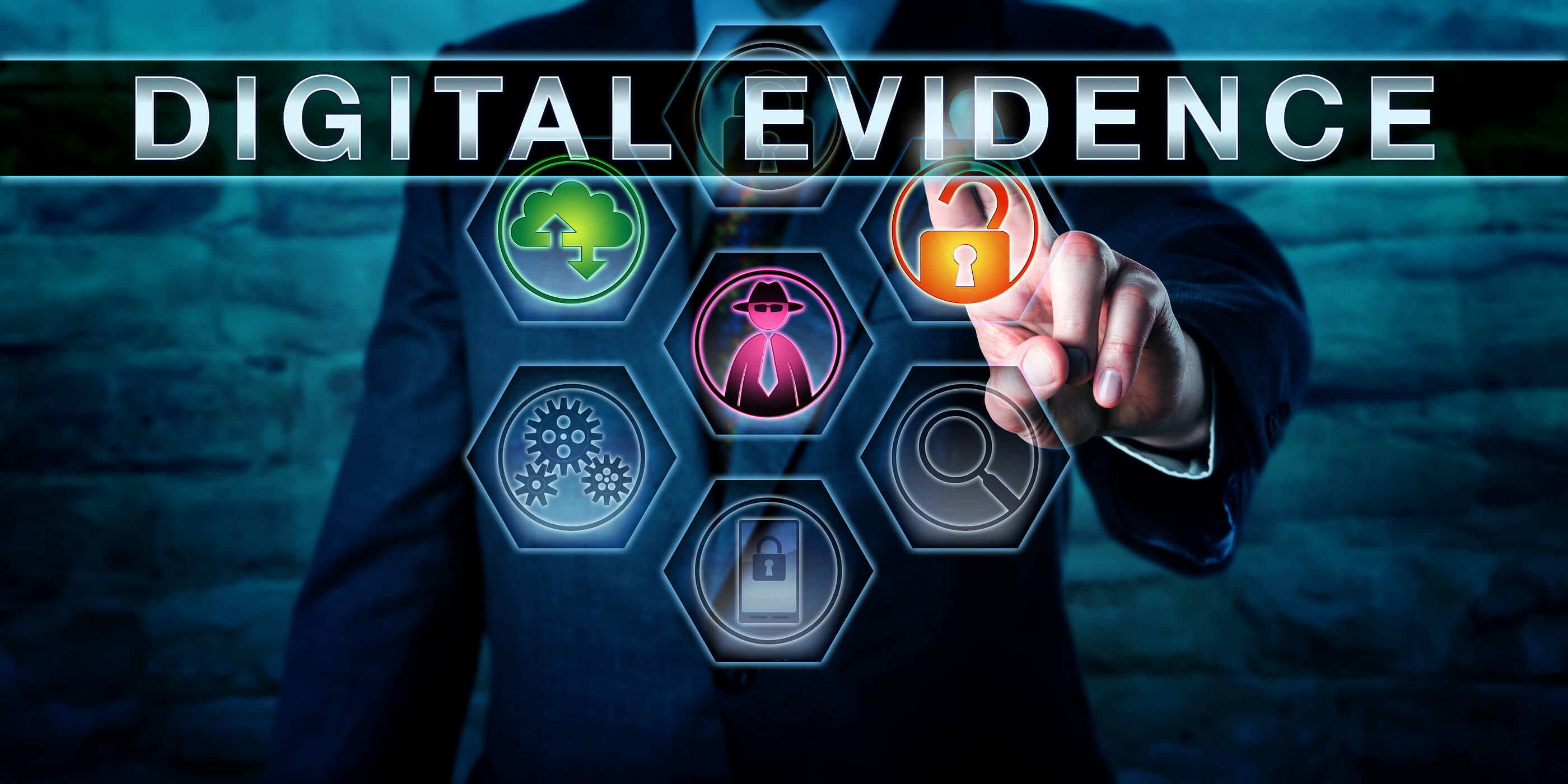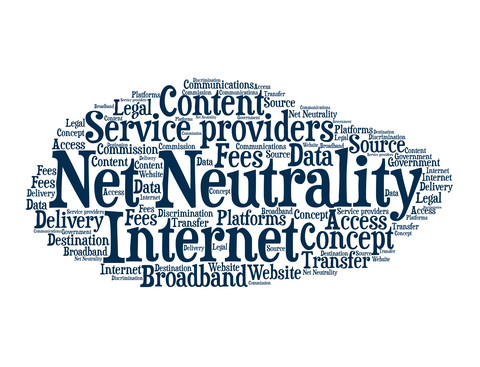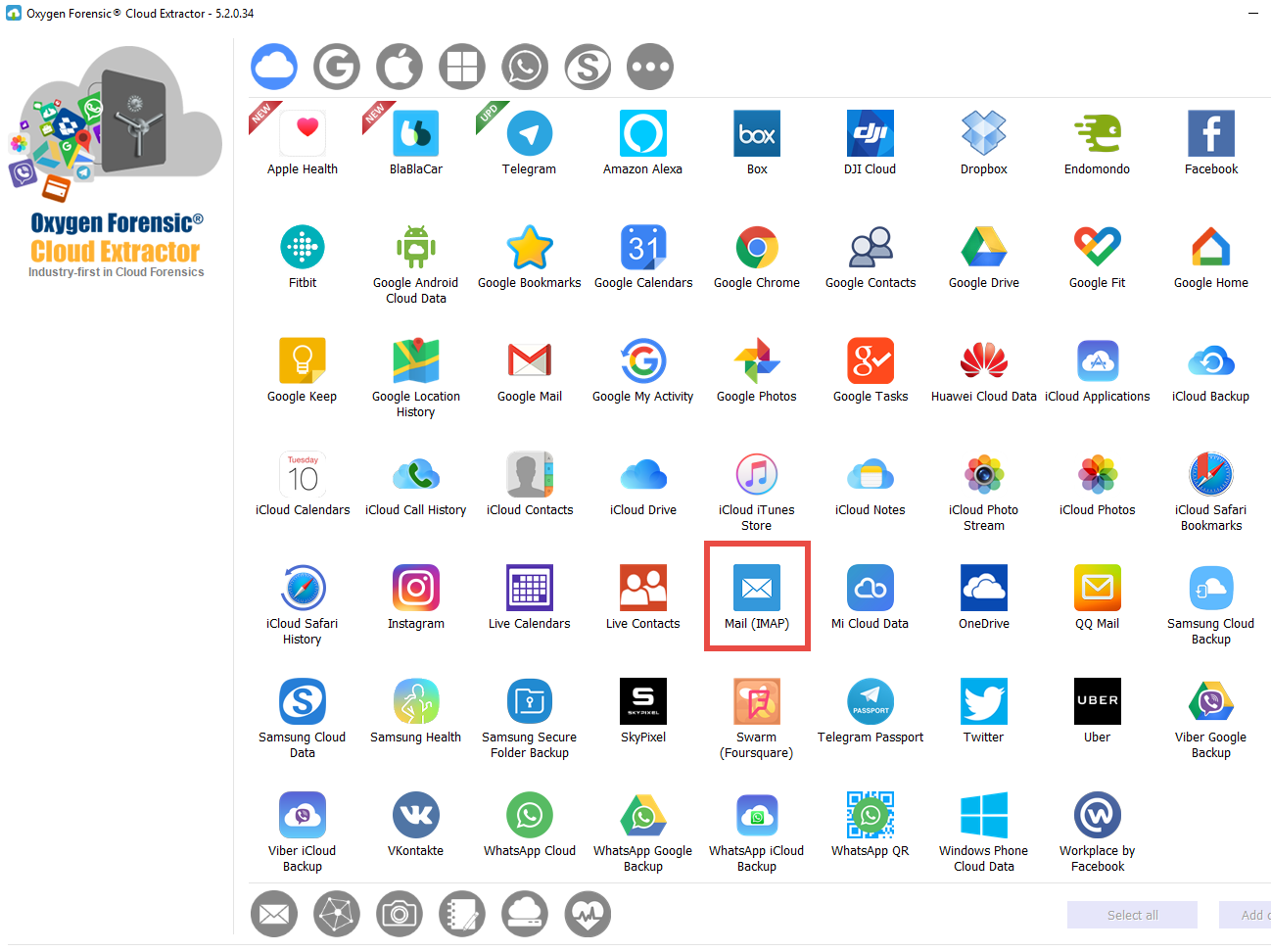
Cellular Triangulation: The Legal Significance
What is cellular triangulation, and is it as critical as it sounds? Well, essentially it is the examination of call detail records (CDRs) and geo-location artifacts. This evidence is vital to criminal investigations and legal proceedings; whether you are prosecuting or defending a case.
What’s even more pivotal when using this data for legal evidence is the way you select the best forensic specialist to help defend or prosecute your case. The appropriate investigator not only requires the skills to discover essential data – they must also be capable of justifying and testifying to their findings in a court of law.
This post is written with the intention of giving a wider audience a strong grasp on the critical components involved in gathering of cellular triangulation data. Included are insights from Gus Dimitrelos, renowned senior digital cyber forensics consultant, and owner of Cyber Forensics.
Why cellular triangulation matters so much:
Cellular triangulation is much more complex than most people realize; it isn’t just about signals bouncing off towers. Triangulation is a trigonometric method of determining the position of a fixed point from the angles to it – but its use in cellular forensics goes even deeper.
Below are several points to consider as you look deeper into the intricacies of cellular triangulation, as it applies to evidentiary as well as preventative purposes:
Questions for a prospective forensic specialist:
Does the company provide immediate response?
Have their results been proven in federal and state courts?
Are they fully educated in the laws guiding collection of data?
What experiences are their procedures based upon?
Who are the key employees and how relevant is their background?
Does the firm offer group courses or private mentorship in data breach prevention?
Are technical security surveys employed to make sure all the bases are covered?
Which of the following methods do they use for cellular triangulation?
- a) data source triangulation (involves time, space and persons)
- b) theory triangulation (multiple perspectives to interpret a single set of data)
- c) Investigator triangulation (numerous experts examine the data by use of the same qualitative method – interview, case study, etc.)
- d) Method triangulation (data from different sources is used compare conclusions)
How does their method (or methods) contribute to their analysis?
Why is it necessary to perform an analysis at the very beginning, as opposed to using it to support a drawn conclusion?
Is it possible for cellular data to be misused or misunderstood by a lay person or unskilled forensic team?
There have been monumental changes in the way new techniques and technologies affect a criminal case. Which advances have they incorporated in their procedures, and why?
What to consider before you make a decision:
- Possible investigator bias conflicts can occur, due to their theoretical framing and lack of expertise or understanding in the authentic use of triangulation strategies.
- Certainly character, and a penchant for finding the truth should be crucial elements in an attorney’s selection of a cyber forensics firm.
- When it comes to court proceedings, having a cyber forensics trial expert on board can be vital to supporting or rebutting the positions in a criminal case.
- Virtually any witness is subject to losing focus on the stand. Additionally, the opposing counsel will attempt to discredit witnesses, especial an expert witness. Preparedness is essential to achieve an indelible presentation of the truth, without chaotic intervention.
- It’s important to reflect on cases your forensic expert has been involved in previously. The ones have a passionate for and are especially proud of will inherently invite their highest degree of excellence.
The accumulated expertise of Dimitrelos and his consultants allows the firm of Cyber Forensics to offer an extraordinary list of services. Education is one of their highly regarded specialties – rarely offered in the industry of cyber services – having trained more than 2,000 international law enforcement professionals.
The imperative value of providing instruction for attorneys, government and civilian security positions (and corporate) in the U.S. is evident – particularly in today’s delicate imbalance of online chaos vs. necessity. Be preemptive and make the call today (we are available 24/7)!



